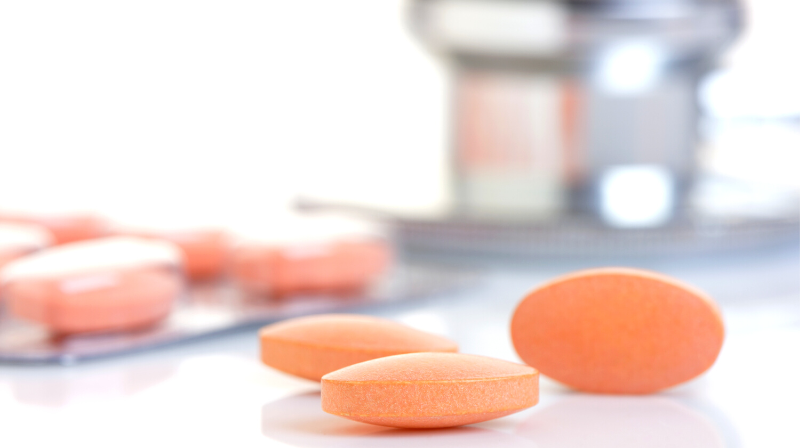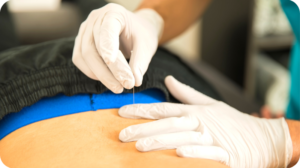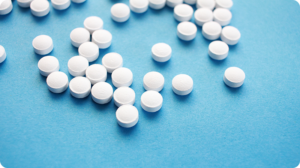When it comes to reducing high cholesterol in patients, doctors have long turned to statin drugs as their tools of choice. For persistently high levels of LDL (the bad cholesterol) that statins do not adequately reduce, the alternative is a class of drugs known as PCSK9 inhibitors. Although both are powerful weapons against heart disease and stroke, they each have significant drawbacks.

Statins are “small molecule” drugs, which means they are manufactured from a chemical base. They help reduce the amount of cholesterol produced by the liver, and increase the amount removed from the bloodstream. Statins may also reduce inflammation in artery walls that can lead to blockages and atherosclerosis.
Statins are taken as a daily pill, making them convenient, and generic versions are inexpensive. However, the medication comes with potentially severe side effects. They can include muscle weakness and pain that can be severe and life-disrupting, potential liver damage, increase in blood sugar levels, mental confusion, and less debilitating disrupted sleep, headache, nausea, fatigue, and digestive issues.
PCSK9 inhibitors are “biologics,” developed from antibodies. As the name indicates, these drugs block the protein PCSK9; that protein breaks down LDL cholesterol receptors on liver cells that would otherwise clear LDL cholesterol from the bloodstream. (High levels of PCSK9 are usually associated with a gene for the production of that protein.)
These drugs are delivered through a monthly injection that can cause muscle soreness and a rash, and the drug itself may cause flu-like symptoms, joint pain, and nausea. Because there are only two name-brand versions of this monoclonal drug available, the cost is significantly higher than statin drugs. PCSK9 inhibitors are, though, extremely powerful and effective in lowering LDL.
The Breakthrough
Researchers have recently published the results of a study of a new oral drug targeted to reduce PCSK9 levels (although through a slightly different mechanism than PCSK9 inhibitors use). The new treatment is a small molecule drug, which could mean it would produce the effectiveness of a PCSK9 inhibitors, at a much lower cost. The results on animals have been nothing short of astounding.
The studies found that the drug lowered cholesterol in the test subjects by 70 percent. That would be good news enough, but the research produced even more promising results. PCSK9 not only limits the uptake of LDL cholesterol to remove it from the bloodstream, it also prevents your body’s own lymphocytes from recognizing and fighting cancer cells. The action of this new drug may well improve the function of cancer-targeted immunotherapies, and the body’s own response to cancer.
This new development is not yet ready to go into human clinical trials yet, but it’s worth discussing with your physician if you might be a candidate for those if and when they occur. In any case, check the Healplace blog and social media accounts regularly for updates.







